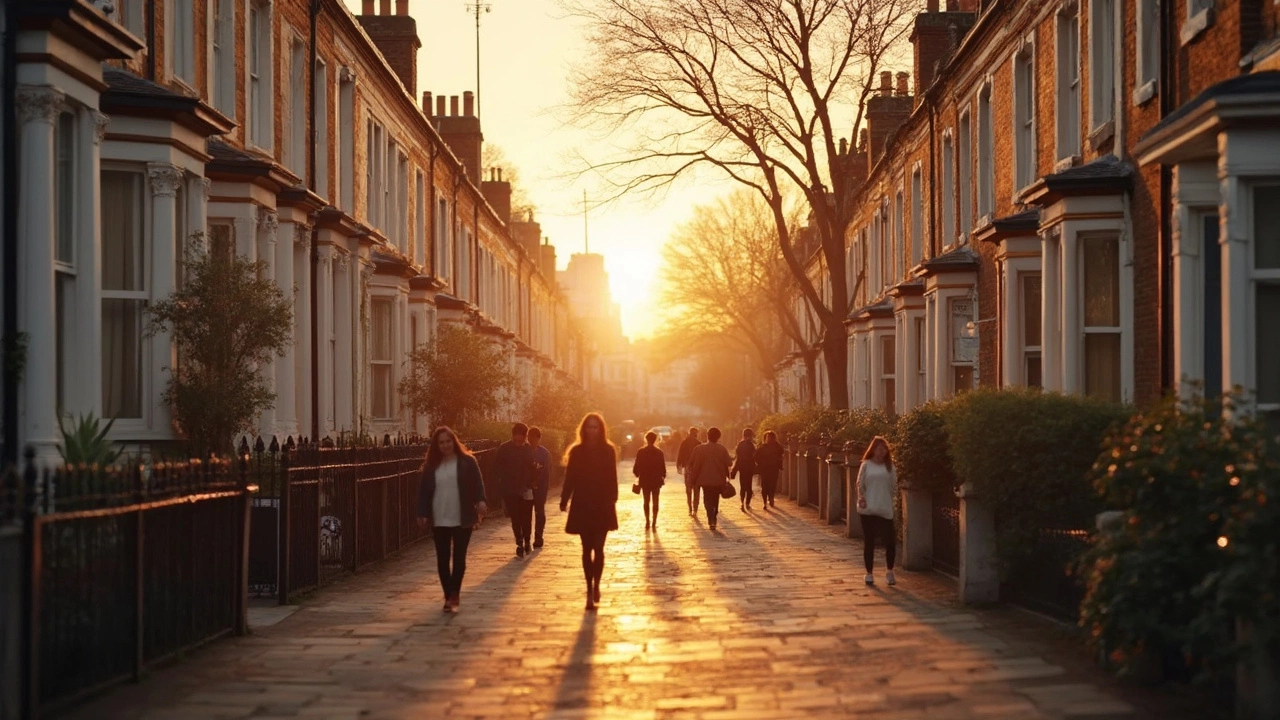Thinking about putting a camera on your front door or in your shop? You need to know what the UK surveillance law says before you start. The rules are meant to protect privacy while still letting you keep an eye on things. Below we break down the main points so you can set up cameras without breaking the law.
First off, the Surveillance Camera Code of Practice (the Code) is the go‑to guide. It works with the Data Protection Act 2018 and GDPR. If you record video that can identify people, that data counts as personal data. That means you have to have a lawful reason – like security – and you must be transparent about where the cameras are.
Put up clear signs that say “CCTV in use” and include a contact number. The sign must be big enough to read from a normal distance. You also need to keep the footage for no longer than needed – usually 30 days is enough unless you have a specific reason to keep it longer.
When you choose a camera, think about the field of view. The Code says you shouldn’t point cameras at private areas such as windows, bathrooms, or a neighbor’s garden. If a camera is covering a public space, you still need to balance security with people’s right to privacy.
Start with a simple risk assessment. Ask yourself: What am I protecting? Where is the greatest risk? Which spots really need a camera? Answering these questions helps you limit camera coverage and avoid unnecessary recording.
Make sure the footage is stored securely. Use password‑protected cloud storage or an encrypted hard drive. Only people who need access – like you or a trusted security firm – should be able to see the videos.
If you’re a business, you also need to register with the ICO (Information Commissioner’s Office) if you process a lot of personal data. Most small shops don’t need to register, but you still have to follow the same privacy principles.
Regularly check your cameras to see they’re still aimed correctly. If a neighbor complains, be ready to adjust the angle quickly. A small tweak can keep you on the right side of the law and keep good relations with the community.
Finally, keep a written policy. It should cover why you have cameras, how long you keep footage, how you protect it, and who can view it. Having this document makes it easier to show compliance if the ICO ever asks.
Following these steps means you get the security benefits of CCTV without risking fines or bad press. Stay clear, be transparent, and protect both your property and people’s privacy.

Ring doorbells are popular in the UK, offering both convenience and security to homeowners. However, using them comes with legal responsibilities, particularly concerning privacy and data protection. Learn about where you can legally install your ring doorbell, how to ensure you're not infringing on others' privacy, and the implications under UK law. Discover tips for staying compliant while making the most out of your smart home tech.